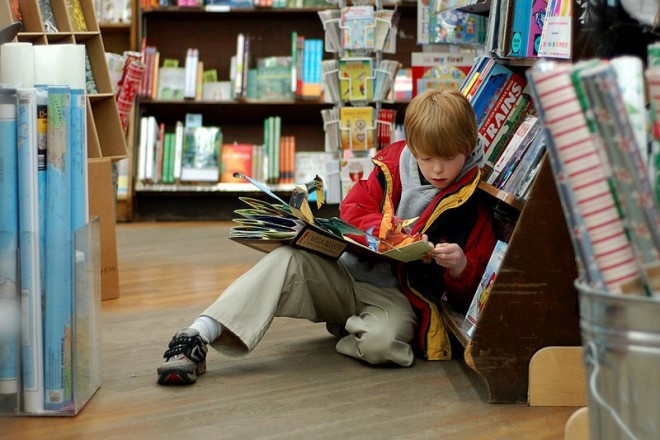Children Less Likely to Trust Unattractive Adults, Study Finds

Children are more likely to trust good-looking adults over unattractive ones, researchers have found.
A study by Igor Bascandziev from Harvard University, published in the British Journal of Developmental Psychology, showed that children aged between four and five showed a bias towards attractive adults when seeking out reliable information.
Previous studies have shown young children are more likely to trust an adult from the same culture as them, those familiar to them and from people who have been accurate in the past.
"When learning about the world, children rely heavily on information provided to them by other people", Bascandziev said. "Previous studies have shown children can be influenced by a range of factors such as whether the adult was correct in the past or if they are familiar to them.
"Our study wanted to examine whether children would trust an attractive stranger over an unattractive stranger."
He said the earlier findings would suggest children are "rational agents with a preference for accepting information from benevolent and epistemically superior informants".
To find out, Bascandziev tested 32 children aged either four or five. They were shown 12 photographs of white women aged between 18 and 29 - therefore removing the child's ability to use previously identified social cues about who to trust.

"[Children] should display a systematic preference only if they have some information about the epistemic status of the informant. Lacking such information, they should not show a preference," the study said.
The images selected for the study had been selected and from a set of 40. The one used were rated as either most attractive or least attractive.
The child was then presented with images of six objects and asked to name them. The researchers then showed the child two photos - one attractive and one unattractive - and asked which person they thought would know the right answer.
Findings showed children selected the attractive face over the unattractive face. They also found girls had a greater preference for the attractive face than boys.
"We see from the results that children and especially girls have more trust in attractive faces, even though there are no obvious reasons why people with more attractive faces would be more knowledgeable about object labels," Bascandziev said.
"The gender difference could relate to boys not paying as much attention to the initial presentation of the faces or other research has pointed to the fact that females have superior face perception.
"It would be interesting to see future research explore whether children would continue favouring the more attractive face even when they have evidence that the more attractive face is unreliable and the less attractive informant is a reliable informant."
© Copyright IBTimes 2025. All rights reserved.






















